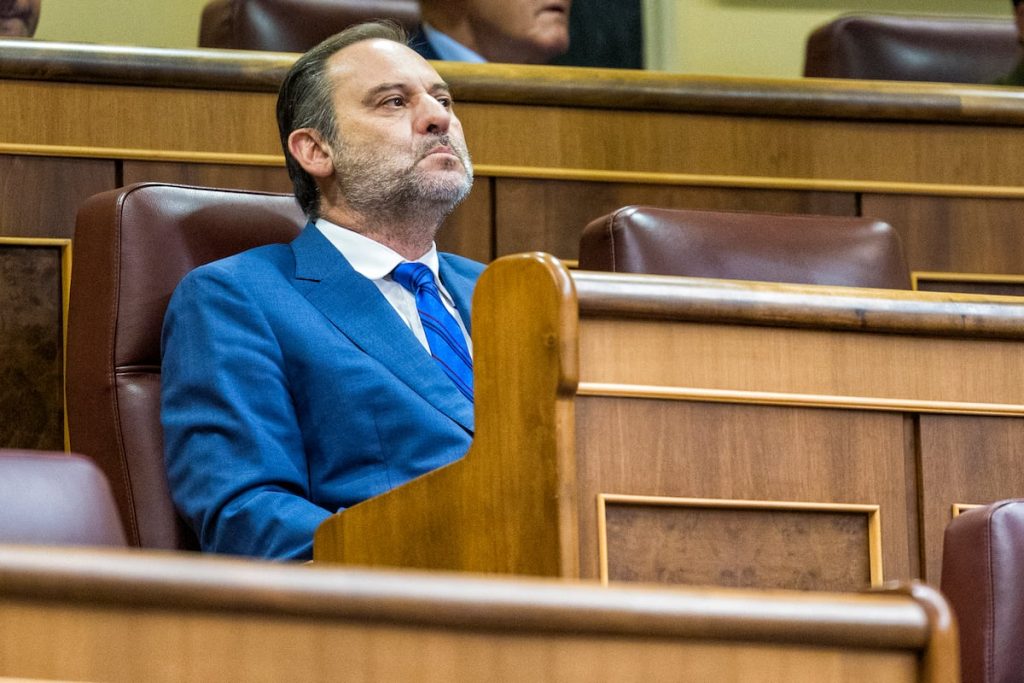Judge Ismael Moreno, in charge of the Koldo case in the National Court, has asked the Congress on Thursday whether José Luis Ábalos, former Minister of Transportation under Pedro Sánchez (PSOE), is a member of Parliament, and therefore, whether he is immune to prosecution before the Supreme Court. The judge made this decision after receiving a new report from the Central Operating Unit (UCO) of the Civil Guard, dated October 8, according to a resolution obtained by EL PAÍS. In this case, Judge Moreno and the Anti-Corruption Prosecution are investigating a potential scheme that was allegedly set up within the ministry to secure contracts for the sale of masks at the height of the coronavirus pandemic, in exchange for irregular commissions.
The judge has requested the President of the Congress of Deputies to issue a certification confirming whether José Luis Ábalos Meco is currently a member of Parliament. Due to his status as a parliamentarian, if the judge believes there is enough evidence to prosecute him, he would need to draft a reasoned explanation with all the arguments supporting his thesis, and then send it to the Supreme Court. The Supreme Court would then decide whether to grant the former minister the status of a suspect and whether to direct the investigation against him.
The investigation is unfolding amidst a backdrop of alleged corruption within the Ministry of Transportation, with suspicions of favoritism and illicit commission payments in exchange for government contracts. The case has heightened concerns about the lack of transparency and accountability within the government, especially during a critical period such as the coronavirus pandemic. The involvement of a high-profile figure like José Luis Ábalos has added further complexity to the case, as it could potentially implicate other officials in the administration and raise questions about the integrity of the political system.
As the inquiry continues, there is a growing expectation for clarity and accountability in the handling of public funds and government contracts. The judge’s decision to seek clarification on Ábalos’ status as a member of Parliament reflects the meticulous nature of the investigation, as well as the importance of ensuring that all individuals involved in the alleged scheme are held accountable for their actions. The outcome of this case could have far-reaching implications for the credibility of the government and the justice system in Spain, as it highlights the need for transparency, integrity, and ethical governance within public institutions.
It remains to be seen how this case will unfold in the coming days and weeks, as more information is revealed and new developments emerge. The public will be closely watching to see how the authorities handle the investigation and whether they are able to uncover the truth behind the alleged corruption within the Ministry of Transportation. Ultimately, the outcome of this case could have significant implications for the political landscape in Spain and the public’s trust in their leaders, as it raises questions about the accountability of officials and the need for greater transparency in government operations.
Overall, the investigation into the Koldo case has highlighted the challenges of combating corruption and ensuring accountability within the government, while also underscoring the importance of upholding ethical standards and the rule of law. It serves as a reminder of the ongoing struggle to root out corruption and uphold the principles of justice and transparency in governance, and the need for continued diligence in holding those in power accountable for their actions.


